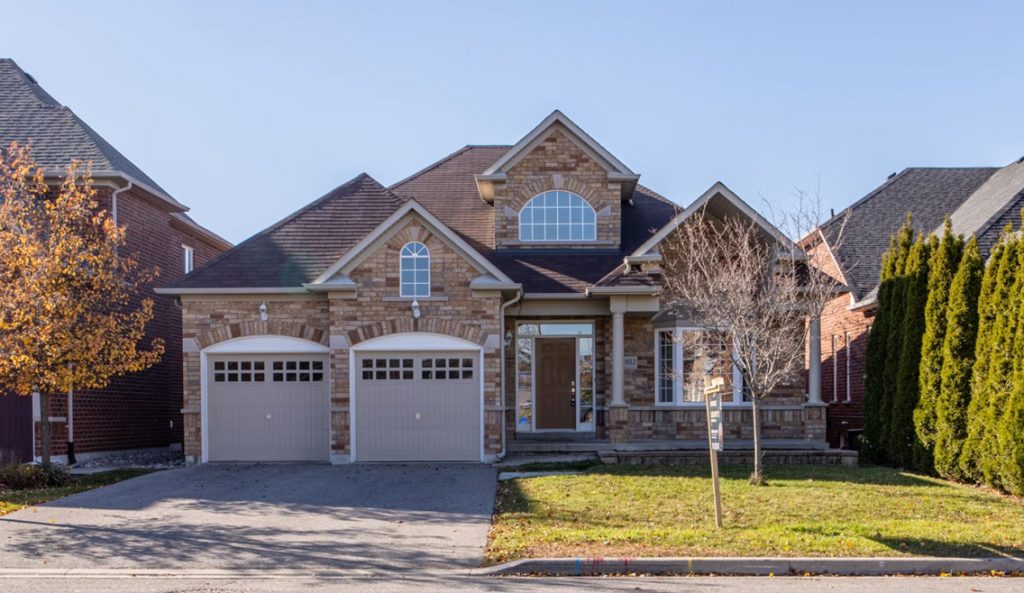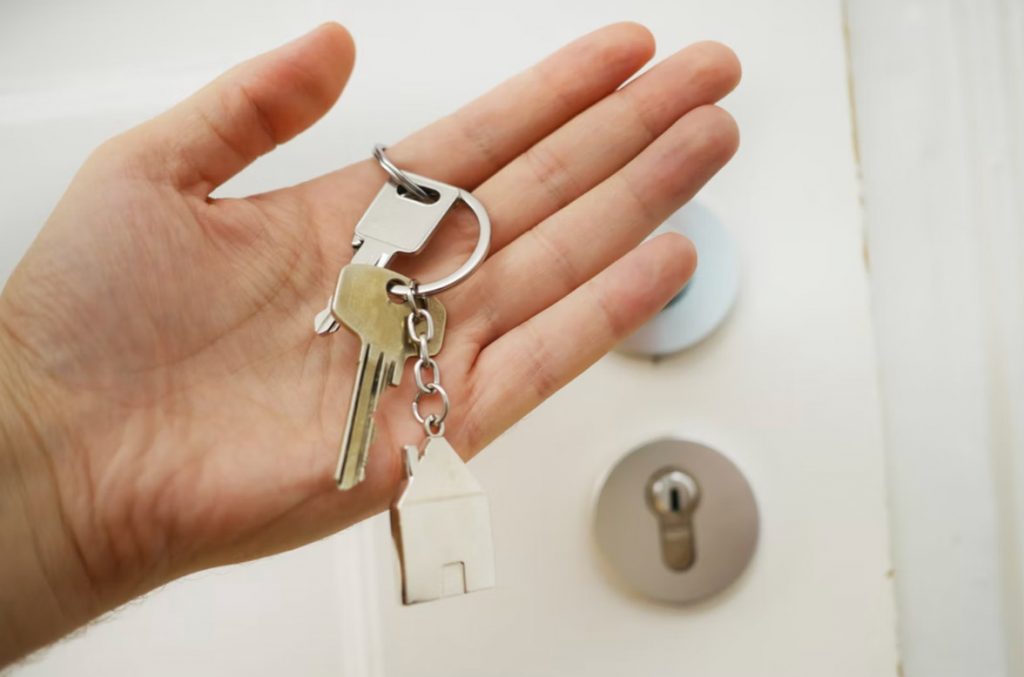- Sales Guide Table Of Contents:
- Intro
- Part 1: Things To Consider When Selling Your Home
- Part 2: When Is The Best Time To Sell?
- Part 3: The Home Selling Process: An Overview Of Selling Your Property In Melbourne
- Part 4: Private Sales And Auctions- What’s The Difference?
- Part 5: Do I Need A Real Estate Agent?
- Part 6: Mistakes To Avoid When Selling Your Property
- Part 7: The Hidden Costs of Selling Your Home
- Part 8: How Much Is My Home Worth?
If you’re thinking about selling your home there are two main ways to go about it – through private sales or auctions. One may work better than the other depending on several factors.
Below, we’ll go through both methods in detail so that you can figure out which process suits your situation best.
Private Sales
What Is The Process Like?
The private sales method involves advertising the property at a set asking price or a suggested price range. From there, interested buyers put in their offers via the real estate agent or directly through the seller. Once that’s done, the negotiation process begins. The average duration for the negotiation process is a short 1 to 3 days which includes going back and forth on the pricing at most 3 times.
The key difference between a private sale and auction is of course the element of a deadline. With a private sale, buyers and sellers have more liberty to negotiate on the final price; however with an auction, the final deal is determined on the spot.
That said, other factors also contribute to whether it is a good option for you. Below we look at some pros and cons of the private sales method to help you decide.

What Are The Pros And Cons?
|
PROS |
|
| 1. | Potentially quicker than auctions. Auction campaigns can take up to 4 weeks to be fully completed, between marketing the property and hosting the auction itself. But if an immediate offer comes up via the private sales method, you can act on it quickly. |
| 2. | Offers more flexibility. There is more control associated with a private sale. Sellers have the liberty of taking their time to carefully consider all offers before selecting their most preferred option. Unlike auctions where there is a rush to sell by a certain time or price, private sellers are not as restricted. |
| 3. | Privacy. If you are a very private person, you might find that the private sales option is more your cup of tea. With auctions, information about your property is laid out in public which can be off putting for some people. |
|
CONS |
|
| 1. | Uncertainty of time. Just as private sales can be quicker than auctions, the opposite is also true. Private sales are inherently less structured and there is no guarantee on when your property will be sold. Pricing your property is tricky and if you or your agent get it wrong, this could have a direct impact on how long your property remains on the market. Also, if there are interested buyers, the negotiation process in itself can take up time too. Whereas with an auction, there is no room to go back and forth on the price once the bid has been submitted. |
| 2. | Lack of urgency. Due to the lack of urgency of private sales, potential buyers can spend some time shopping around and considering other options. While this is an advantage from the buyer’s perspective, as a seller this can make the process more drawn out which can also have a direct impact on the final price. |
Auctions
What Is The Process Like?
Auctions are more structured than private sales and require a marketing campaign followed by a sale held at a specific date, time and location. A real estate agent will agree upon a reserve price with the seller prior to running the auction. This refers to the lowest price the seller is willing to sell the property for. Bidders must either meet or exceed the reserve price to successfully secure the property.

What Are The Pros And Cons?
|
PROS |
|
| 1. | Has a fixed deadline If you need your property sold by a certain time, auction is the way to go. Prices are usually decided on the day of auction, provided they meet the reserve price. |
| 2. | Creates a sense of urgency Having an auction date builds urgency and competition in interested purchasers. It also means that your marketing efforts are maximised to ensure that you attract the right buyers for the right price. |
| 3. | No cooling off period The highest bidder (after meeting the reserve price) is obligated to buy the property. This makes the process quick and final. |
|
CONS |
|
| 1. | No guarantee of successful sale. Not all auctions work out as intended and reserve prices are not always met. As a seller that has chosen to sell your property via an auction, you should already prepare yourself to expect the unexpected. |
| 2. | Property’s market value is decided on the spot. There’s no way of fixing the property value beforehand – this is decided on the spot so you can’t predict what would happen. Auctions tend to be designed for people who are looking to let go of their property at a set date and are not too fussed about the specific details. |
| 3. | Expensive marketing costs. Since auctions require marketing campaigns to advertise the properties beforehand, the costs incurred tend to be higher. However, these efforts play a big role in ensuring that your property has a higher chance of being sold at a better price and so they are considered necessary. |
How Should You Decide?
It’s important for you to understand what your goals and expectations are and how the right sales method can help you achieve them.
When it comes to deciding on which method is preferable, use these questions to help you determine your specific needs and what would best meet them.
1. How quickly do you require the funds?
If you require funds quickly, an auction might be the best choice for you. While planning and executing the auction may take up to 4 weeks, there is a better chance of your home being sold.
It may not close at the price you’re hoping for, but if you are in a rush this might be your best bet.
2. What are the current market conditions? Can you wait to time your sale?
If market conditions look favourable, you might want to consider a private sales option. Private sales would give you better flexibility in deciding when exactly to close the deal, allowing you to take advantage of good market conditions.
3. How important is privacy to you?
Depending on how highly you value privacy, auctions may be out of the question. If you’re uncomfortable with having information about your home being displayed out in the open, a private sales method might be more suitable.
4. How much money are you willing to invest in marketing costs?
Auctions require marketing campaigns to promote the properties beforehand and these costs can really add up. If you’re unwilling to spend a lot on marketing, you might be better off with a private sales option.
Conclusion
Only 20-30% of homes sold in Australia are closed via auctions, indicating that private sales are the most preferred method. However, just because the private sales route is more popular does not mean that it is the best suited method for your particular situation.
Finding the right method, unfortunately, is not as clear cut and there are factors specific to your property type and location that need to be looked at. As always, we recommend speaking to a trusted agent with experience specific to your area for better insights into the sales process.
Need help figuring out how to decide or have any other questions related to the sales process? CT 房地产公司 are experts when it comes to real estate in the Melbourne CBD and surrounding suburbs. Contact one of our friendly agents and put your mind at ease.
